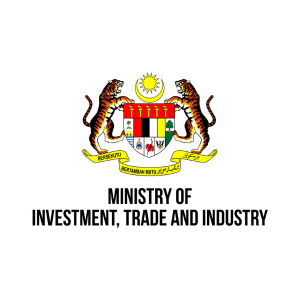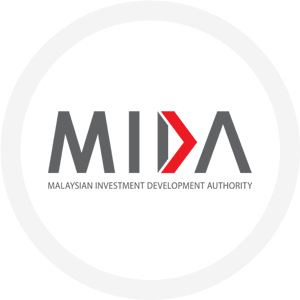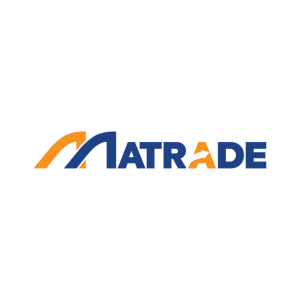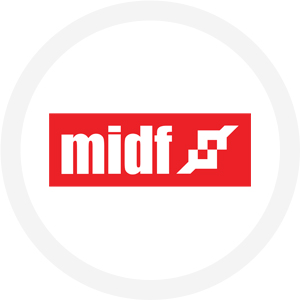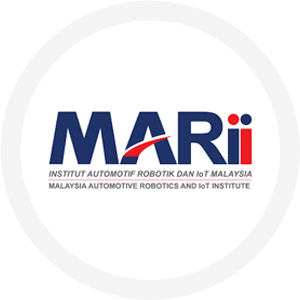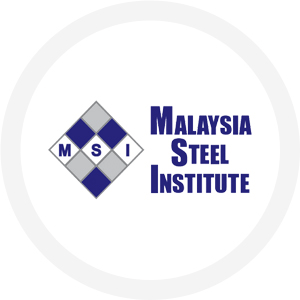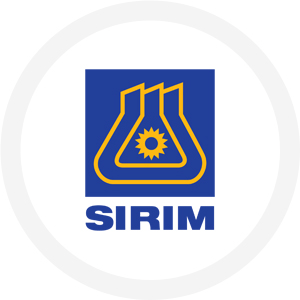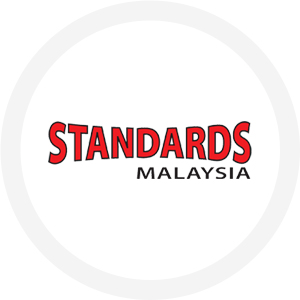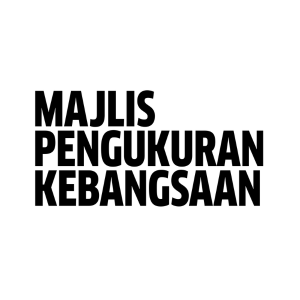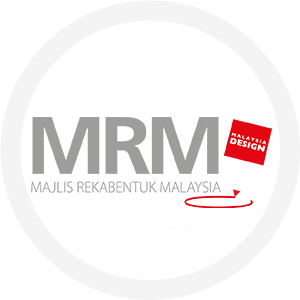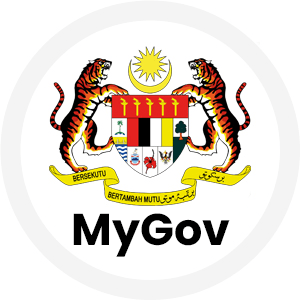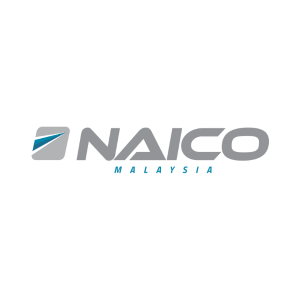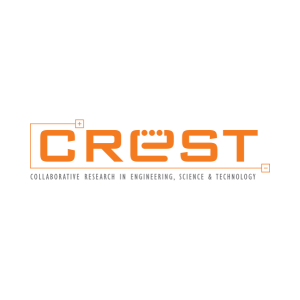PSPN 2025 Strategic Outlook and Transformation Initiatives
The session was attended by the PSPN Governing Committee, comprising representatives from both the public and private sectors. It was chaired by PSPN Champion, Ts. Ir. Choo Kok Beng, and co-chaired by Mr. See Chee Kong, Senior Director of the Services Sector and Development Division (SSDD), Ministry of Investment, Trade and Industry (MITI). The meeting was marked by strategic discussions and important plans focused on enhancing the productivity and competitiveness of Malaysia’s professional services sector in 2025.
This productive session centered on key initiatives designed to accelerate the growth and productivity of Malaysia’s service sector. A prominent highlight was the proposal to establish a comprehensive legal directory to support market development and capacity building for legal professionals nationwide. This initiative aims to improve access to legal expertise, streamline service delivery, and foster a more efficient and robust marketplace.
Committee members further emphasized the critical role of collaboration by proposing the formation of a consortium dedicated to elevating Malaysia’s legal sector and boosting its global competitiveness. Such partnerships are essential to creating synergies, driving innovation, and raising industry standards, ultimately enhancing overall productivity within the sector.
Demonstrating a strong commitment to empower micro, small, and medium enterprises (MSMEs), discussions also focused on establishing expert groups to reinforce MSMEs’ credibility and facilitate their expansion both domestically and internationally. By enhancing their capabilities and access to expert resources, MSMEs can significantly improve their expansion both domestically and internationally.
Another major focus was the development of a repository of professional service experts, utilizing official data sources to build a reliable and comprehensive database that will support businesses and government entities in making informed decisions. This initiative complements efforts to document Malaysia’s key service export sectors—including halal food services and syariah-compliant financial services—highlighting the nation’s unique competitive advantages and productivity strengths in these growing industries.
The concept of professionals operating collectively rather than individually was explored as a strategic approach to fostering a more resilient and collaborative service ecosystem. This model is expected to enhance service delivery efficiency, promote knowledge sharing, and open new opportunities for productivity gains.
Additional initiatives discussed included strategies to strengthen Malaysia’s brand and entrepreneurial ecosystem through bilateral agreements aimed at expanding production capacity and investment cooperation. Alongside this, a promising proposal advocating tax incentives for service exports is underway, which, if approved, would provide a significant boost to the productivity and expansion of Malaysia’s service industries.
Inspired by the success of the Malaysian International Halal Showcase (MIHAS), the committee is developing a concept to integrate the promotion of services and product sales, enabling more effective market expansion.
Finally, attention was given to the IKN project, with a detailed proposal being prepared for submission to MITI. This project is anticipated to unlock significant opportunities for growth, productivity improvements, and investment.
The discussions today reaffirmed the shared commitment of MPC and PSPN to strengthen Malaysia’s service sector, enhance productivity, empower MSMEs, and position the nation as a highly competitive player in the global marketplace.
Quick Share Links
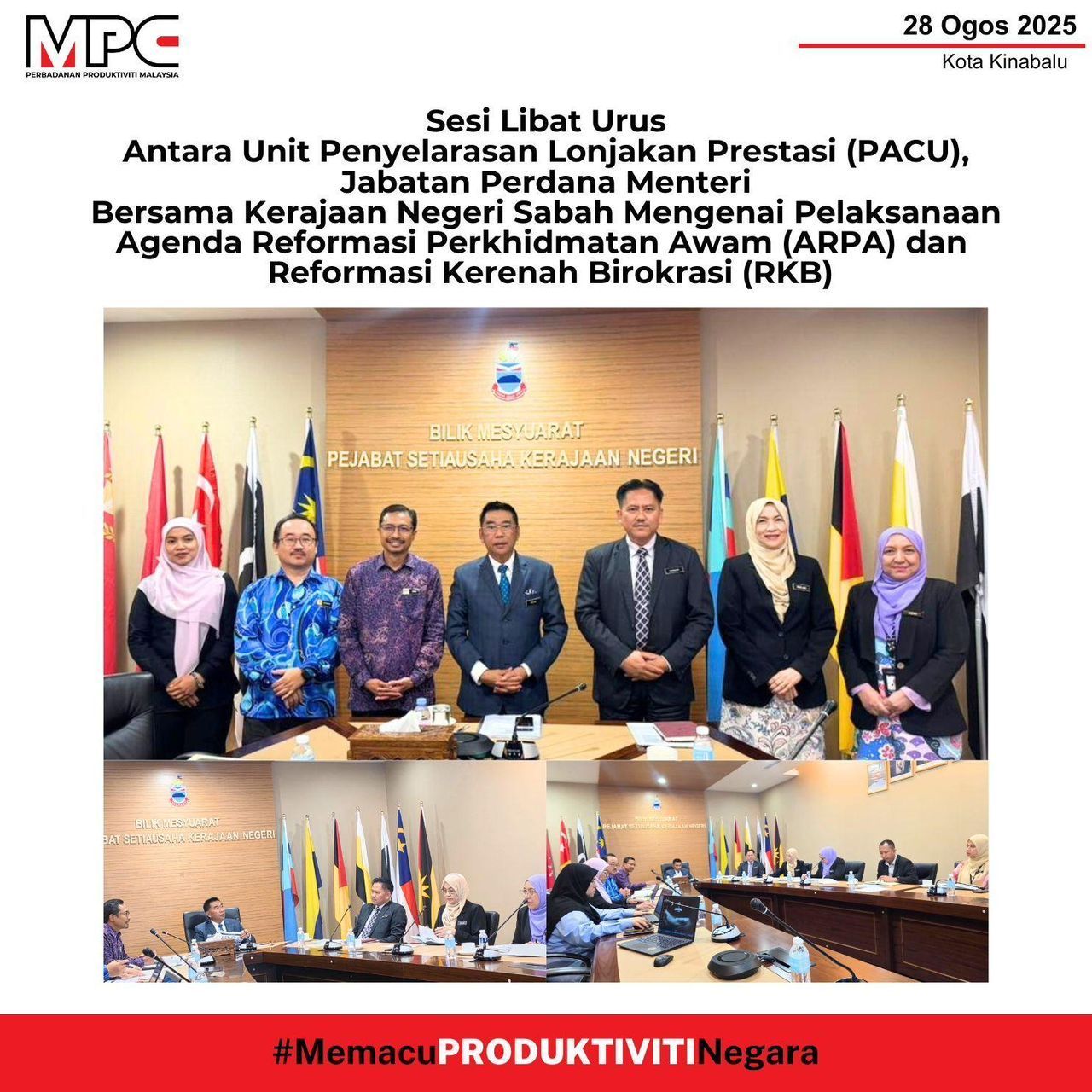
Objektif utama sesi ini adalah untuk menyampaikan Agenda Reformasi Perkhidmatan Awam (ARPA) kepada Kerajaan Negeri Sabah sebagai usaha menyelaras hala tuju dan pemahaman berkaitan pelaksanaan projek Reformasi Kerenah Birokrasi (RKB). ARPA secara keseluruhannya bertujuan memperkukuh keberkesanan penyampaian perkhidmatan awam melalui pemodenan sistem, pengurangan kerenah birokrasi, peningkatan kecekapan tadbir urus, serta mewujudkan budaya kerja berorientasikan hasil dan berteraskan rakyat. Sesi libat urus ini telah dipengerusikan oleh YB Datuk Seri Panglima Sr. Haji Safar bin Untong, JP, Setiausaha Kerajaan Negeri Sabah. Ia turut merangkumi perbincangan mendalam mengenai kemajuan pelaksanaan projek uji kaji RKB di Sabah, di mana PACU secara prinsipnya menyokong penuh pelaksanaan projek tersebut. Dalam sesi ini, PACU turut menekankan kepentingan bagi semua data dan dapatan daripada pelaksanaan ini untuk direkod serta dilaporkan secara sistematik. Laporan-laporan tersebut dilihat amat penting untuk dijadikan rujukan dalam menilai keberkesanan intervensi reformasi, di samping menyediakan asas kukuh bagi pembentangan kepada pihak berkepentingan di peringkat tertinggi. Pendekatan ini dijangka dapat mempercepat transformasi perkhidmatan awam negeri Sabah agar lebih responsif, telus, dan berfokus kepada kesejahteraan rakyat.
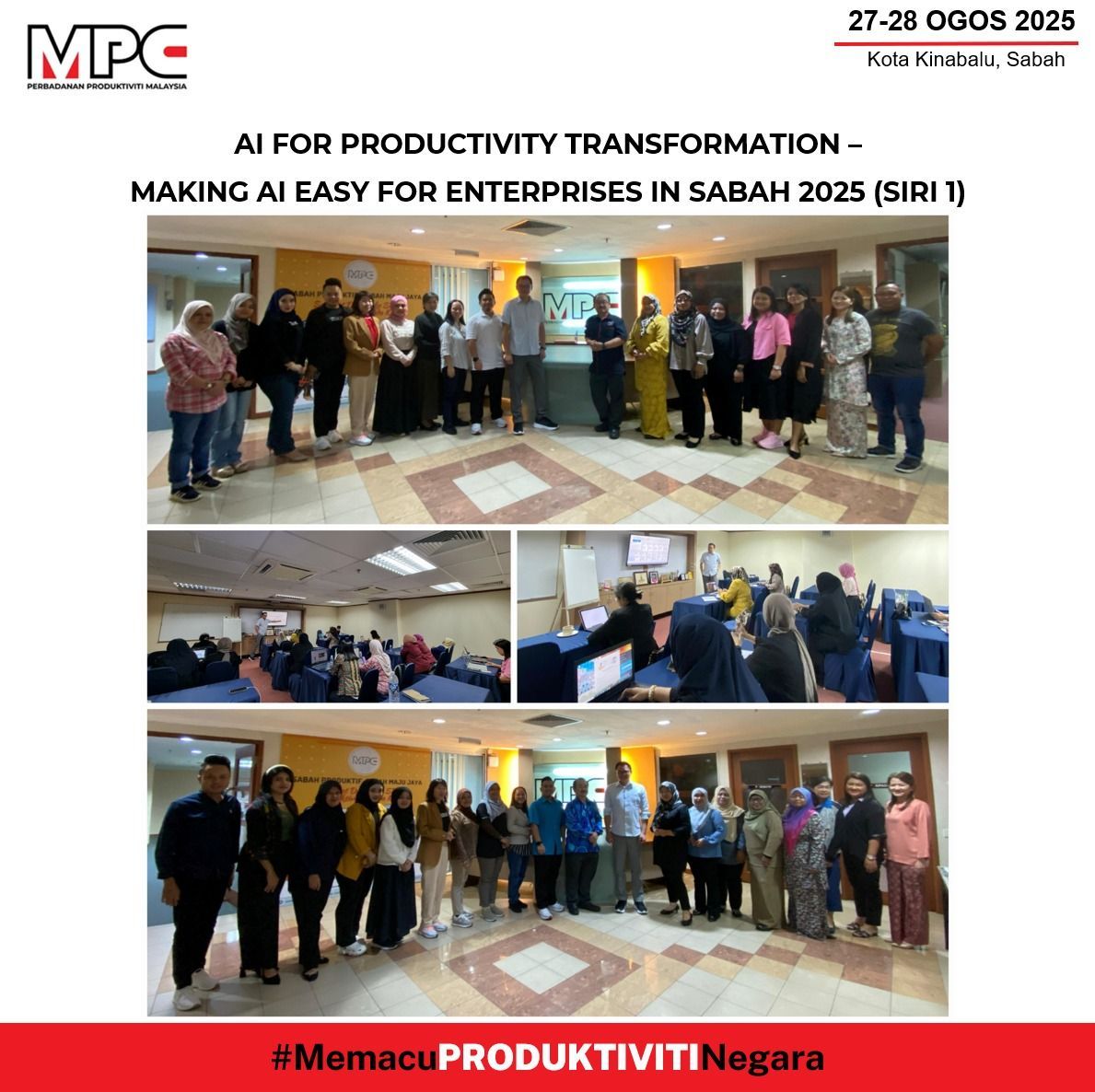
MPC Wilayah Sabah telah berjaya menganjurkan siri pertama program AI for Productivity Transformation – Making AI Easy for Enterprises in Sabah 2025 pada 27–28 Ogos 2025 di MPC Wilayah Sabah. Seramai 17 usahawan telah mengambil bahagian dalam sesi dua hari ini yang bertujuan memperkenalkan penggunaan teknologi Kecerdasan Buatan (AI) untuk memperkukuh daya saing dan produktiviti perniagaan. Antara hasil dan pengisian utama program ini termasuk: • Penghasilan rancangan perniagaan lengkap menggunakan aplikasi AI seperti Gemini, ChatGPT dan Notion. • Penyediaan penyata kewangan, unjuran aliran tunai, analisis kesihatan syarikat secara automasi dan pemasaran media sosial. • Kajian pasaran, pesaing dan pemahaman pelanggan menggunakan data berasaskan AI. • Pembangunan identiti jenama dengan rekaan poster, logo dan bahan promosi tanpa memerlukan pereka grafik. Peserta melaporkan impak positif hasil penggunaan A.I. dalam organisasi mereka termasuk penjimatan masa, peningkatan jualan, pengurangan kos dan kesilapan serta kepuasan pelanggan dan kecekapan membuat keputusan yang lebih tinggi. Peserta kini lebih bersedia mengaplikasikan teknologi AI untuk merancang, mengurus dan memasarkan perniagaan mereka secara lebih cekap dan berkesan, sekaligus menyumbang kepada pertumbuhan ekonomi Sabah. #SabahProduktifSabahMajuJaya
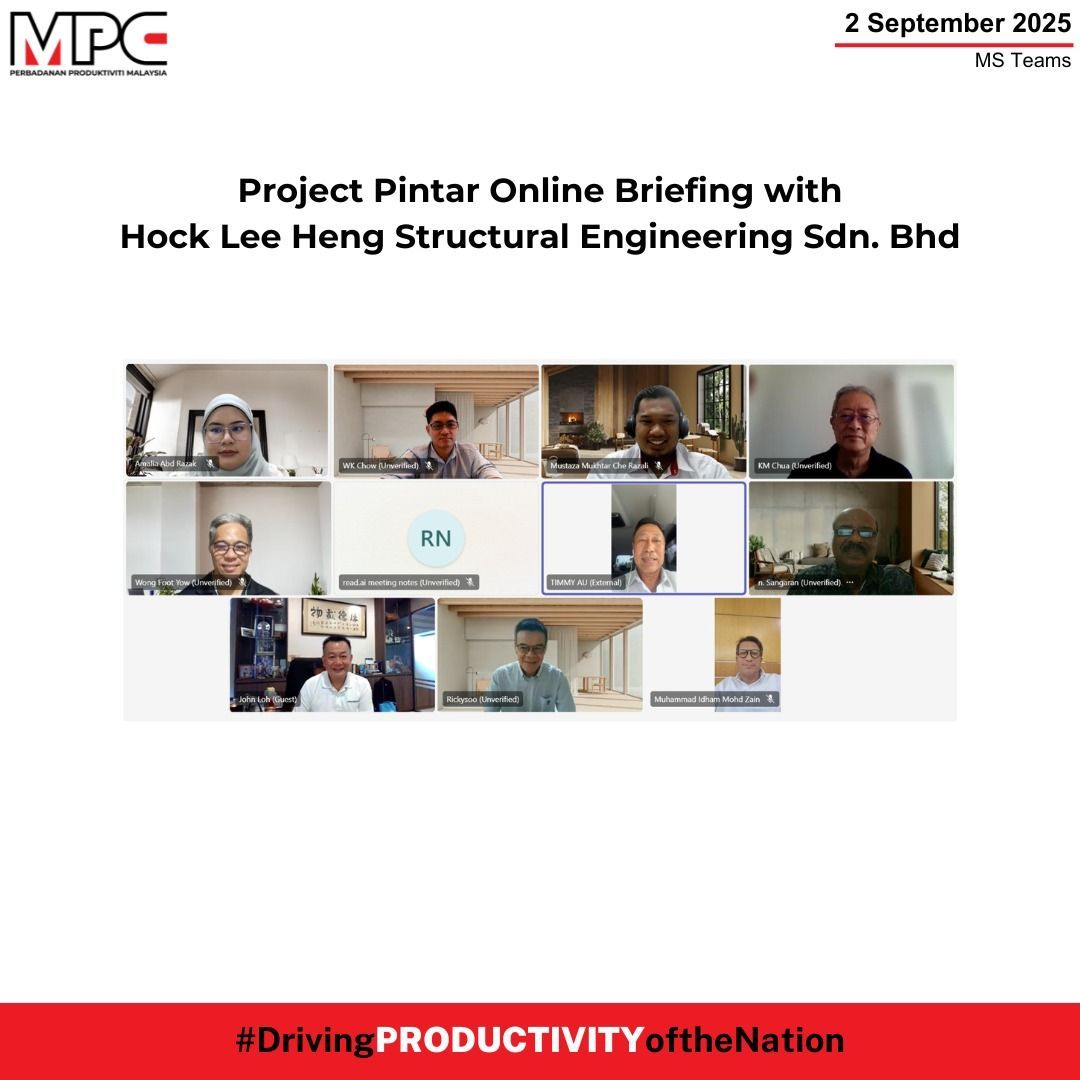
MEPN conducted an online briefing with Hock Lee Heng Structural Engineering Sdn. Bhd. as part of the ongoing Project Pintar initiatives. The session served to introduce the objectives and framework of Project Pintar, while engaging the company in discussions on potential productivity improvement strategies tailored to their operations. This engagement reflects MEPN’s commitment to fostering collaboration with industry players in driving productivity growth and operational excellence within the machinery and equipment (M&E) ecosystem
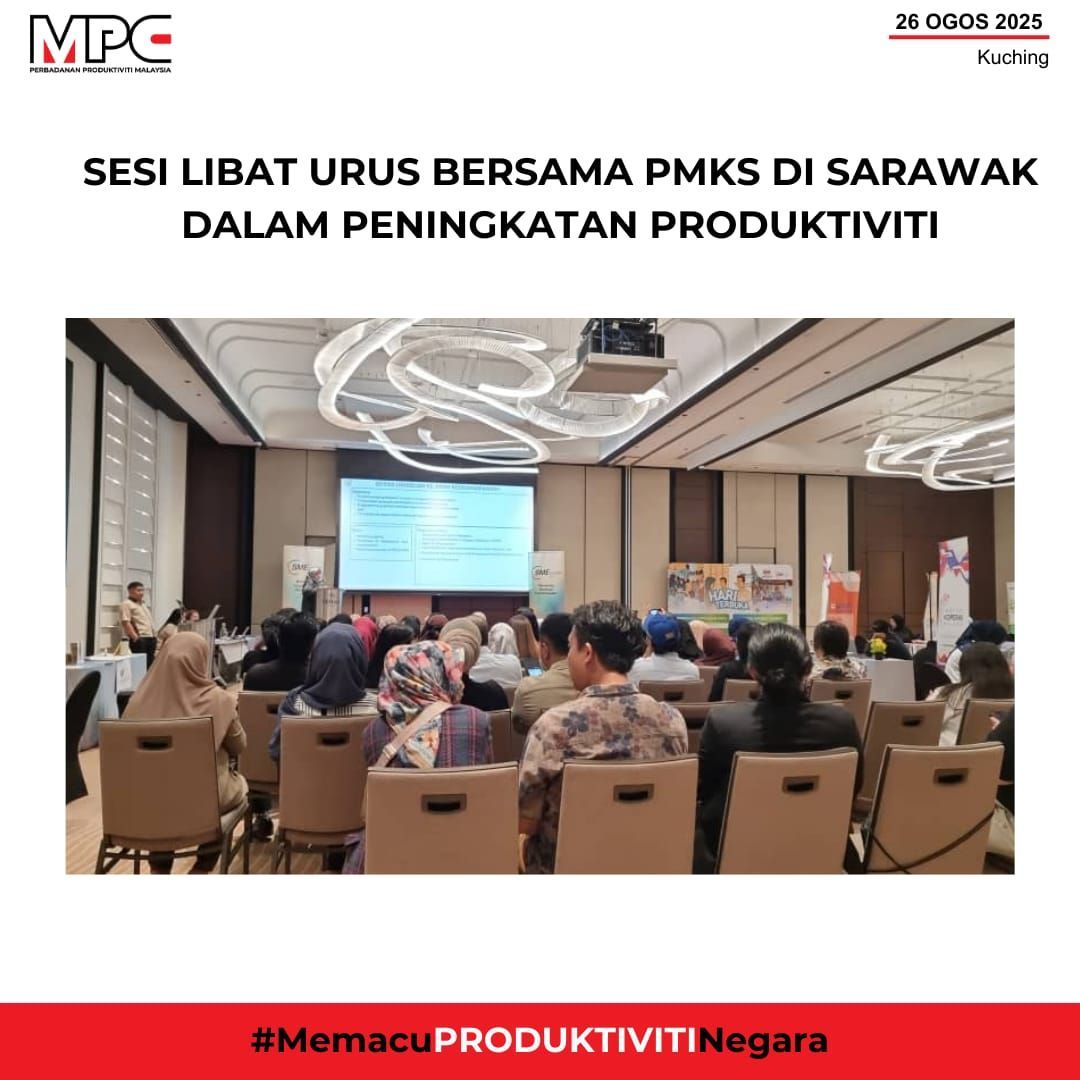
Sesi yang melibatkan hampir 170 peserta daripada PMKS ini membuka peluang untuk meningkatkan kesedaran dan pendedahan mengenai penggunaan teknologi, seperti Kecerdasan Buatan (AI), dalam mentransformasikan operasi perniagaan. Platform interaktif ini turut membolehkan PMKS mengetahui dengan lebih lanjut mengenai program-program MPC seperti AI for Productivity Transformation Programme dan ezBE (Business Excellence Assessment). #SarawakProduktif #MemacuProduktivitiNegara
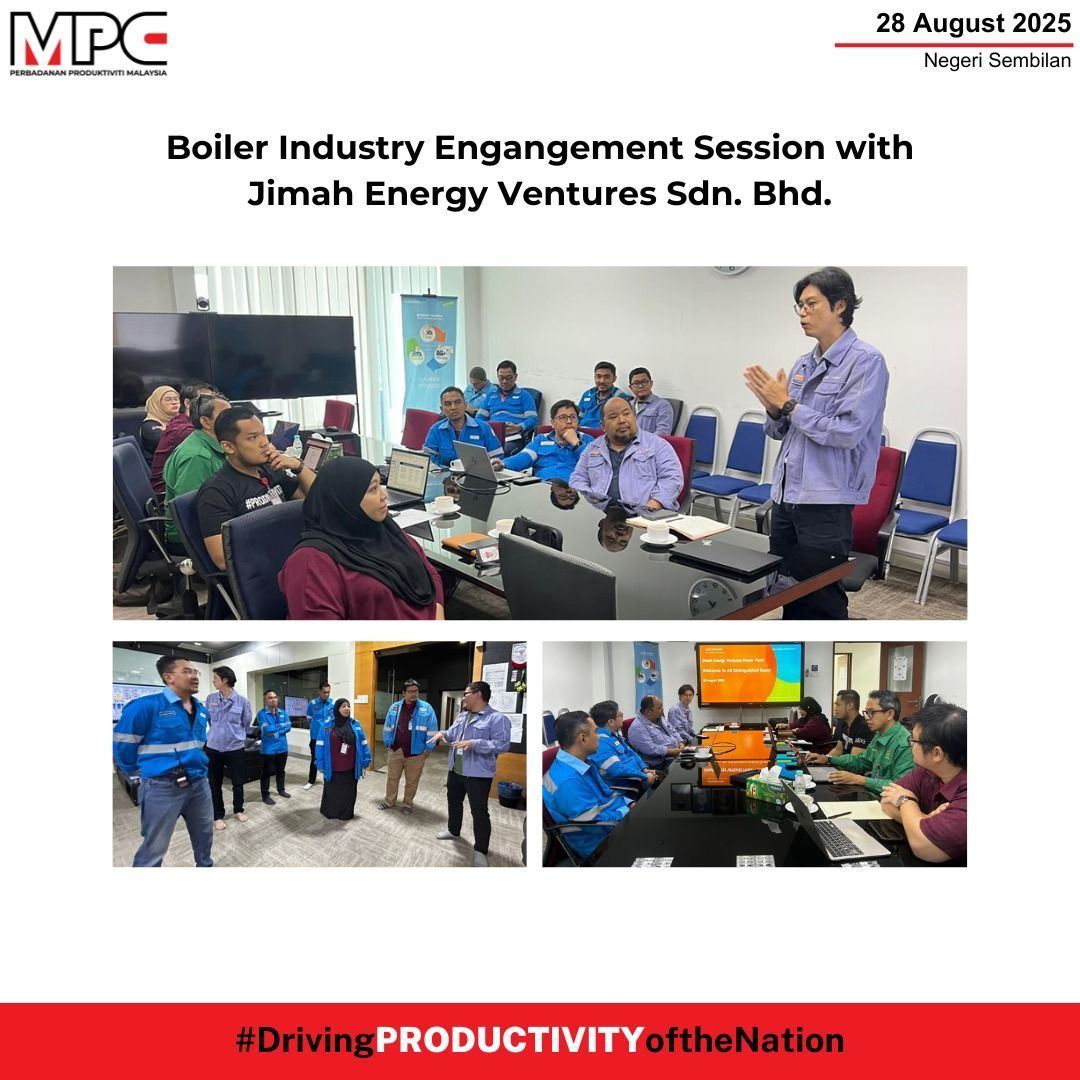
MEPN held an industry engagement session with Jimah Energy Ventures Sdn Bhd on 28 August 2025. The session explored the working nature of boiler operations and the company’s journey in adopting digital technologies to improve productivity, safety, and efficiency. Discussions focused on operational processes, integration of automation, remote monitoring, predictive maintenance, and potential future applications of unmanned boiler operations. Insights from the session will guide the development of an industry-level initiative aimed at advancing productivity and operational excellence across Malaysia’s boiler industry, benefiting both large corporations and SMEs.
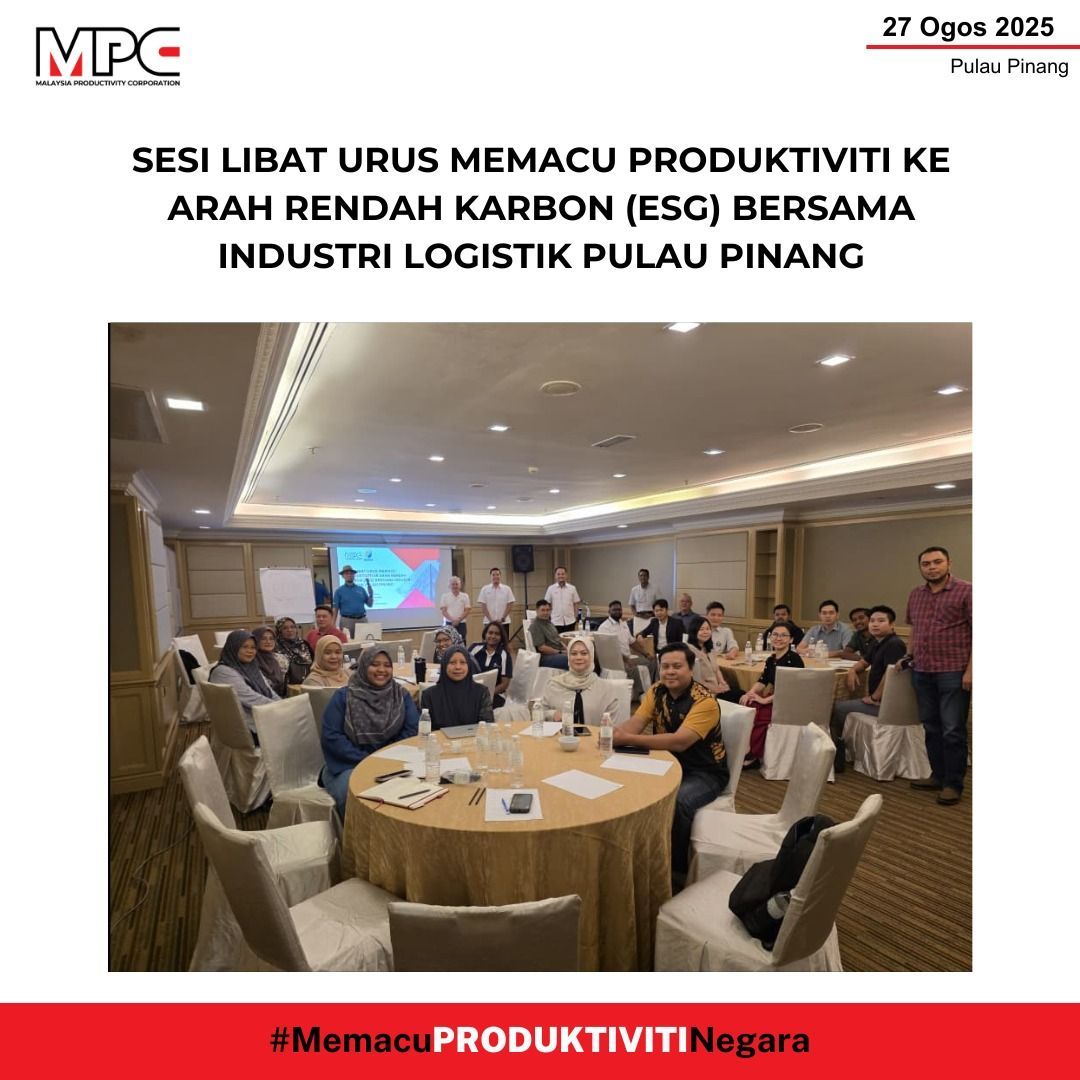
Perbadanan Produktiviti Malaysia (MPC) melalui Nexus Produktiviti Logistik (LPN) telah menganjurkan “Sesi Libat Urus Memacu Produktiviti ke Arah Rendah Karbon (ESG) bersama Industri Logistik Pulau Pinang” yang dihadiri oleh wakil persatuan serta 21 syarikat logistik dengan jumlah penyertaan seramai 25 orang. Sesi ini bertujuan meningkatkan kesedaran industri logistik terhadap kepentingan pelaksanaan amalan rendah karbon selaras dengan prinsip ESG, mendapatkan pandangan, isu dan cadangan bagi memperkukuh daya saing logistik Pulau Pinang serta merangka langkah strategik dalam usaha mengurangkan jejak pelepasan karbon, mengurangkan masa menunggu kenderaan dan menyokong kelestarian alam. Sesi telah membincangkan kaedah pelaksanaan kepada pendekatan tiga fasa iaitu "Gap Analysis & Data Collection", "Proof of Concept Green Logistics" dan "Scale & Incentives" dengan sasaran penglibatan sekurangnya 10 syarikat dari sesi pertama ini. Selain itu, kolaborasi antara pihak kerajaan, industri dan technology providers dilihat penting dalam menjayakan agenda initiatif dirancang. LPN akan terus mendapatkan maklumbalas syarikat berkaitan penggunaan bahan api dan penjejakan pelepasan karbon sebagai data asas penting. Secara keseluruhan, sesi libat urus ini merangka pelaksanaan ke arah logistik rendah karbon di samping memperkukuh kerjasama strategik antara semua pihak berkepentingan
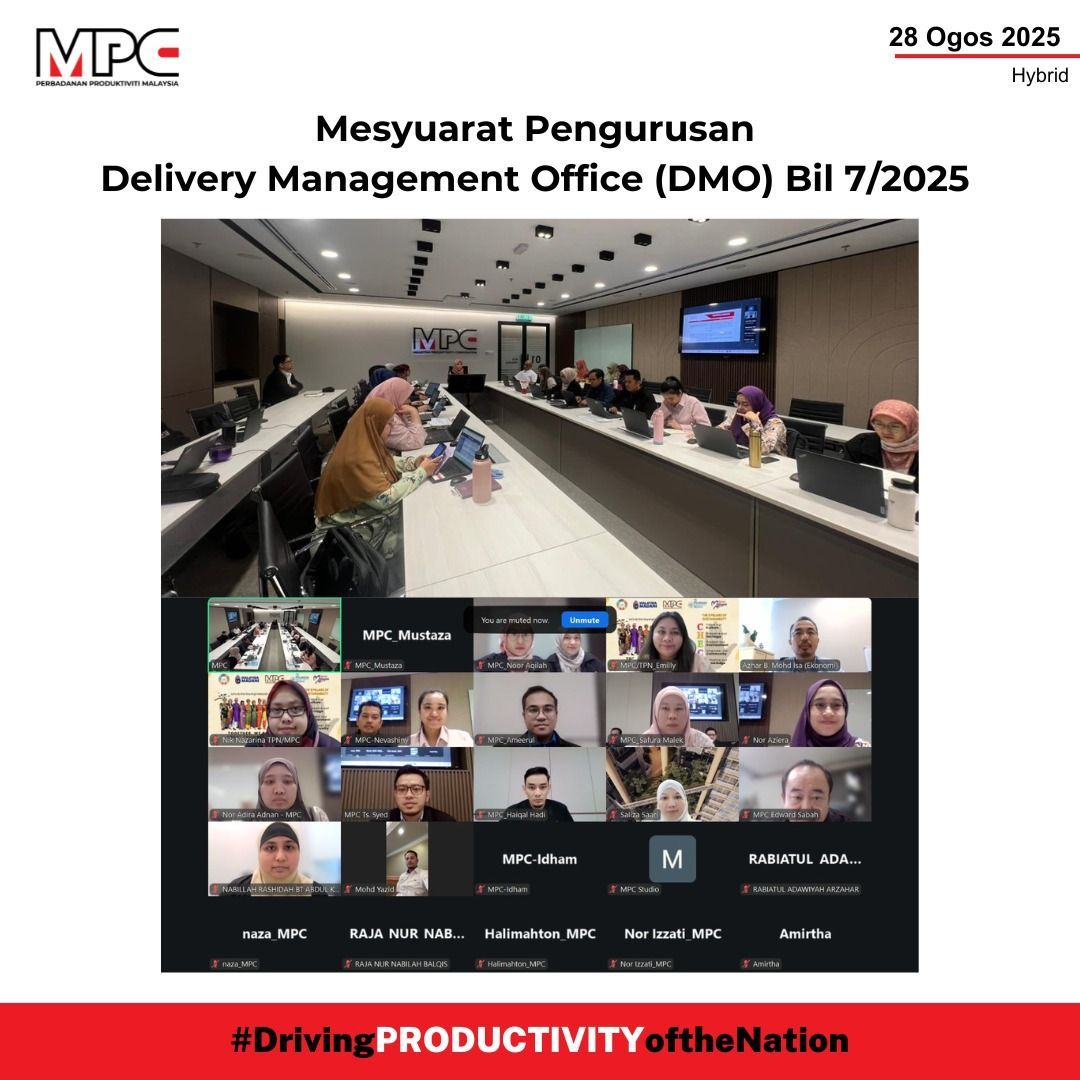
Mesyuarat Pengurusan Delivery Management Office (DMO) Bil. 7/2025 telah diadakan pada 27 Ogos 2025. Mesyuarat telah dipengerusikan oleh YBrs. Dr. Mazrina Mohamed Ibramsah, Timbalan Ketua Pengarah MPC. Turut hadir adalah pegawai-pegawai kanan dari Kementerian Pelaburan, Perdagangan dan Industri (MITI), Kementerian Ekonomi (KE), Agensi-agensi berkaitan serta MPC Ibu Pejabat dan Wilayah. YBrs Dr. Mazrina dalam ucapan alu-aluan beliau menerangkan peranan MPC dalam menjayakan aspirasi RMK-13 yang memfokuskan kepada produktiviti dan daya saing dunia dalam memacu pertumbuhan produktiviti buruh 3.6% setahun serta meletakkan Malaysia dalam kelompok 12 negara paling berdaya saing dunia menjelang tahun 2030 Dua Nexus Produktiviti telah membuat pembentangan masing-masing yang bertajuk MPC as a Catalyst for the Productivity Ecosystem and Chemical Industry Safety through DGSA Certification Programme yang merupakan satu inisiatif di bawah Chemical Productivity Nexus (CPN) dan dibentangkan oleh YBrs. Puan Saliza Saari, Pengarah Bahagian Pengurusan Moden & Teknologi serta Program Peningkatan Produktiviti Melalui Kecerdasan Buatan (AI) oleh Retail & Food & Beverages Productivity Nexus (RFBPN) yang dibentangkan oleh YBrs. Dr. Halimahton Sa’diah Let, Pengarah Bahagian Pengurusan Moden & Teknologi. Pembentangan pertama merujuk kepada peranan MPC sebagai pemangkin ekosistem produktiviti dan keselamatan industri kimia melalui Program Pensijilan DGSA (Dangerous Goods Safety Advisor). MPC melalui program ini bertindak sebagai pemangkin ekosistem produktiviti dan keselamatan industri kimia dengan mengukuhkan pematuhan kepada standard antarabangsa, melahirkan profesional bertauliah tempatan, mengurangkan kos latihan, serta meningkatkan keselamatan dan produktiviti rantaian bekalan bahan berbahaya. Pembentangan kedua pula menekankan pelaksanaan Program AI Produktiviti bagi subsektor Peruncitan dan Makanan & Minuman untuk meningkatkan kecekapan operasi, memperluas penggunaan teknologi AI, serta melonjakkan produktiviti firma melalui sokongan latihan, bimbingan dalam penghasilan Proof-of-Concept (PoC). Mesyuarat juga memaklumkan mengenai status Mesyuarat Nexus Governing Committee (NGC) yang telah berjaya dan akan dijalankan oleh 14 Nexus Produktiviti bagi suku ketiga tahun 2025.
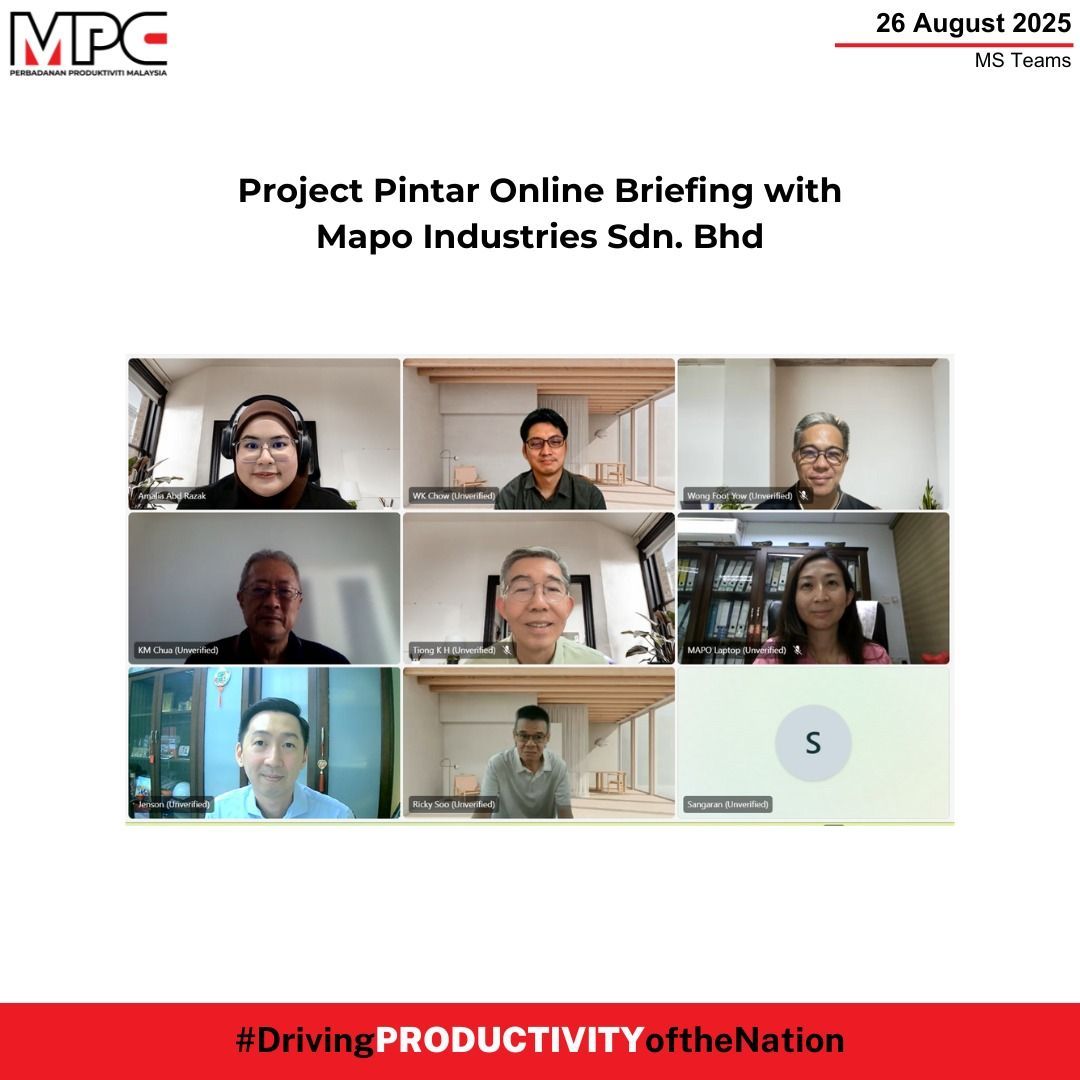
MEPN conducted an online briefing with Mapo Industries Sdn. Bhd. as part of the ongoing Project Pintar initiatives. The session served to introduce the objectives and framework of Project Pintar, while engaging the company in discussions on potential productivity improvement strategies tailored to their operations. This engagement reflects MEPN’s commitment to fostering collaboration with industry players in driving productivity growth and operational excellence within the machinery and equipment (M&E) ecosystem







